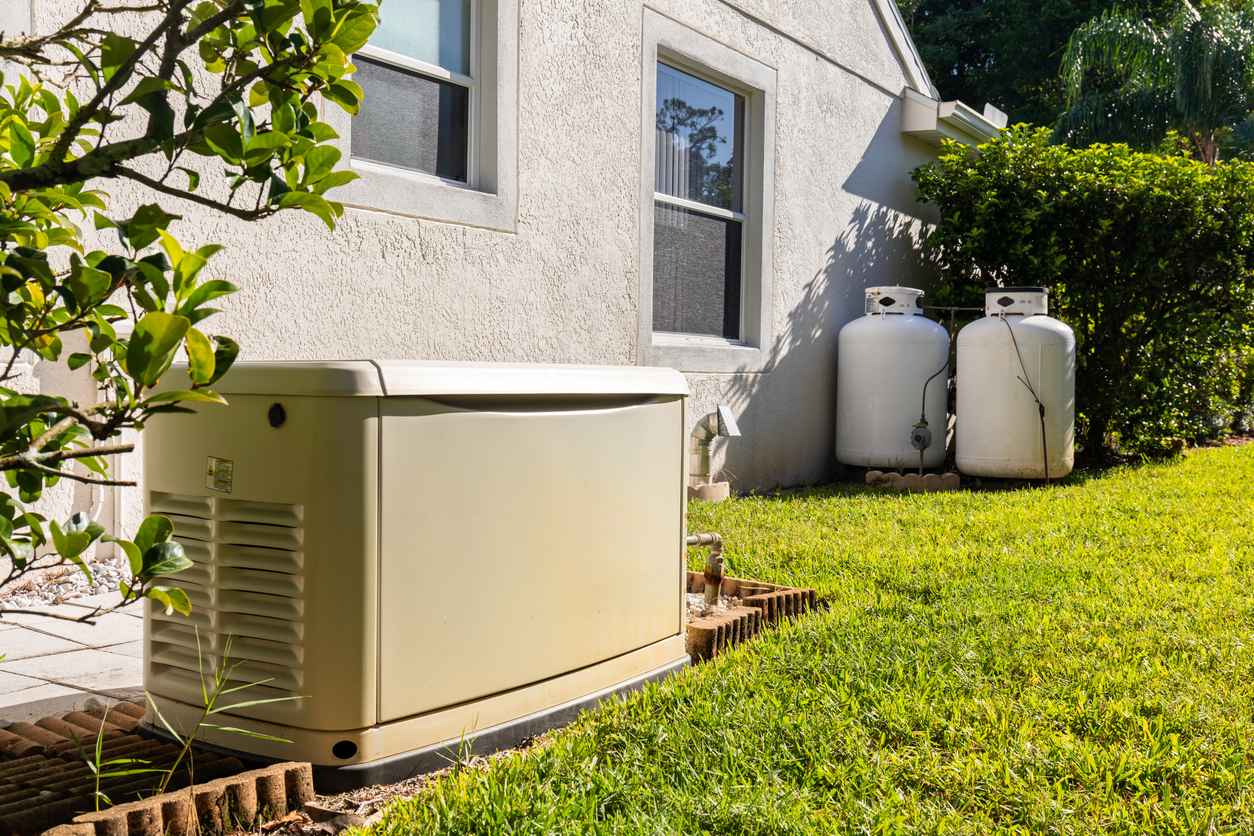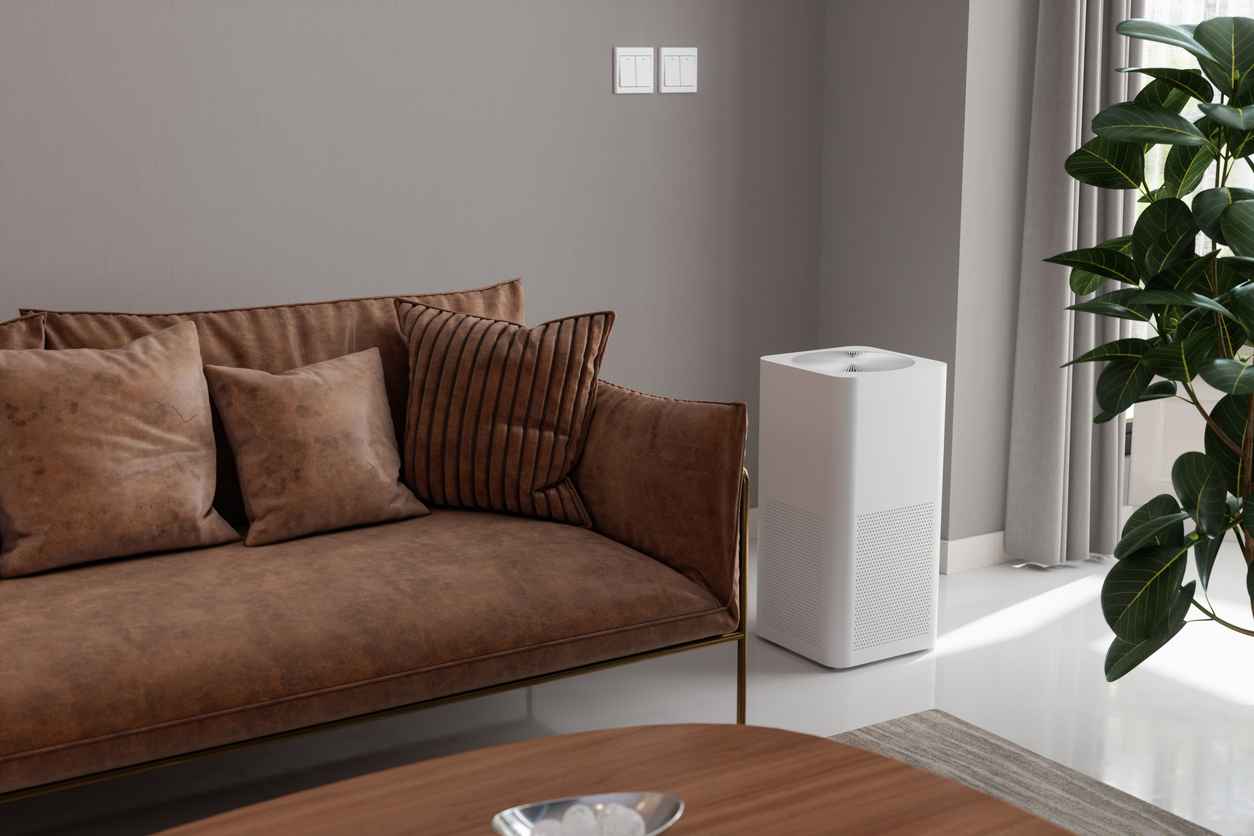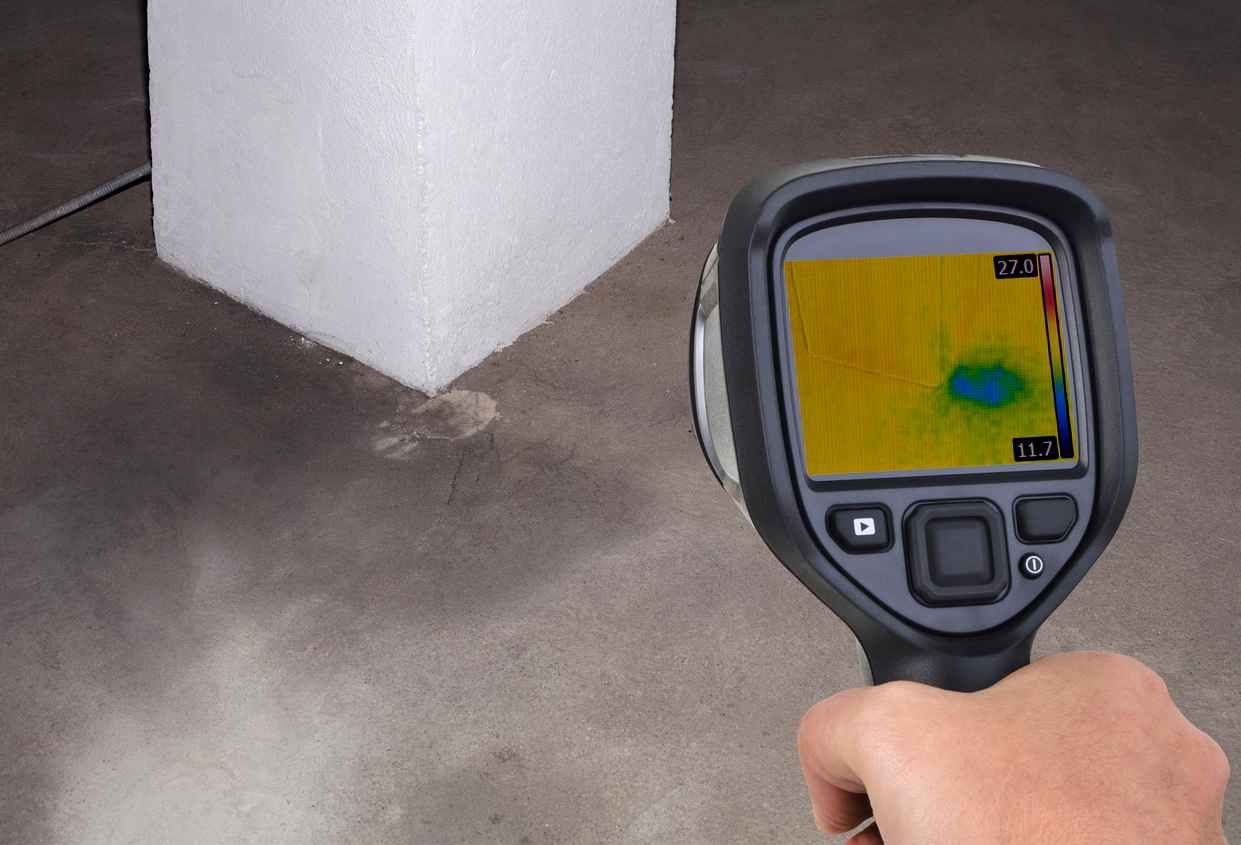4.8 Google Rating
Your Carbon Monoxide Detector Could Have Expired, and You Don’t Even Know It
Keeping Up With Your Devices
We usually think of expiration dates for food or medicine, but did you know some devices can also expire? We’re talking about carbon monoxide detectors. Most of these life-saving devices have a strict 10-year lifespan.
Why These Devices Are Important
Carbon monoxide is an odorless gas that can be present without you even noticing. In certain concentrations, carbon monoxide can cause headaches and fatigue, and at higher levels, can be fatal.
Carbon monoxide detectors are small alarms plugged into a wall, installed in the ceiling, or sometimes combined with smoke detectors. An alarm sounds when the carbon monoxide levels in your home reach threatening levels.
But like any other device, carbon monoxide detectors don’t last forever and need to be replaced when the parts wear out.
How to Manage Your Detectors
First, you should remember to test your carbon monoxide detector every month. There should be instructions on your particular device on how to perform a test.
Also, make sure to monitor when your detector expires. Toward the end of its life, it may start emitting a noise that means the device is no longer working. If you have a detector certified by Underwriters Laboratory (UL), this feature is a requirement since 2009.
It’s crucial that you are ahead of this so you can always have a working detector in your home. Most detectors expire at ten years, but every device is different, so prepare a backup before the time comes. Plus, it’s a good idea to replace it a few years before the device expires to ensure you always have a properly working and technologically up-to-date detector.
Committed to Customer Satisfaction
The AAA Service Plumbing, Heating & Electric team is dedicated to providing the ultimate level of service to our customers. Contact us today at 303-313-3333 for more information on how we can help you and to make an appointment.





